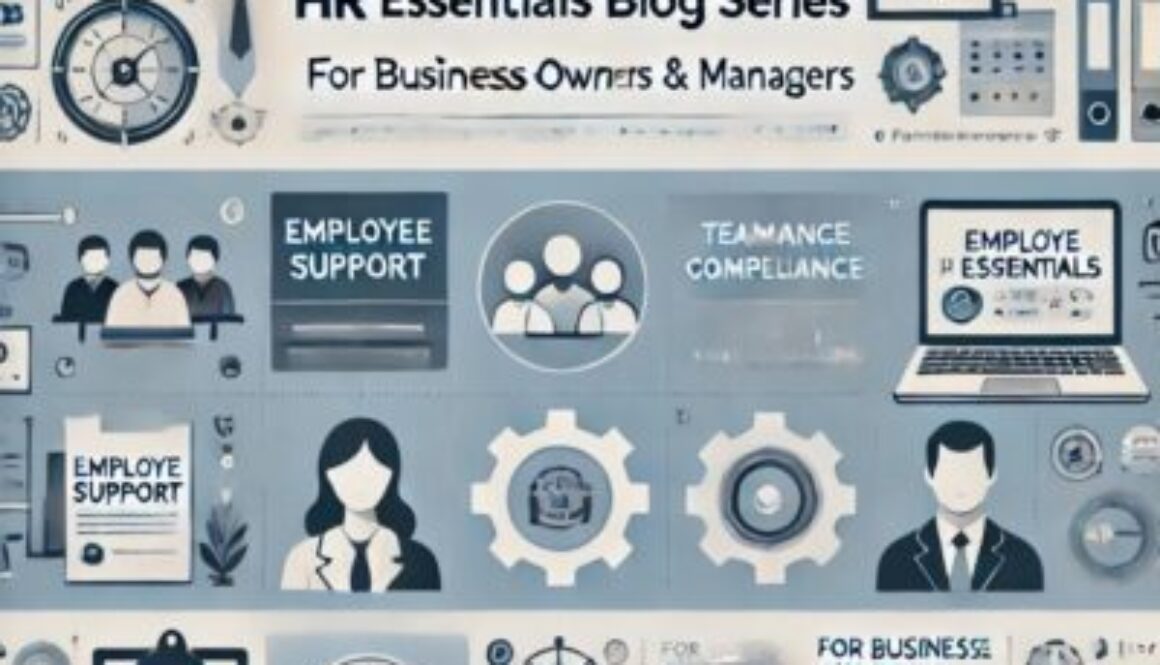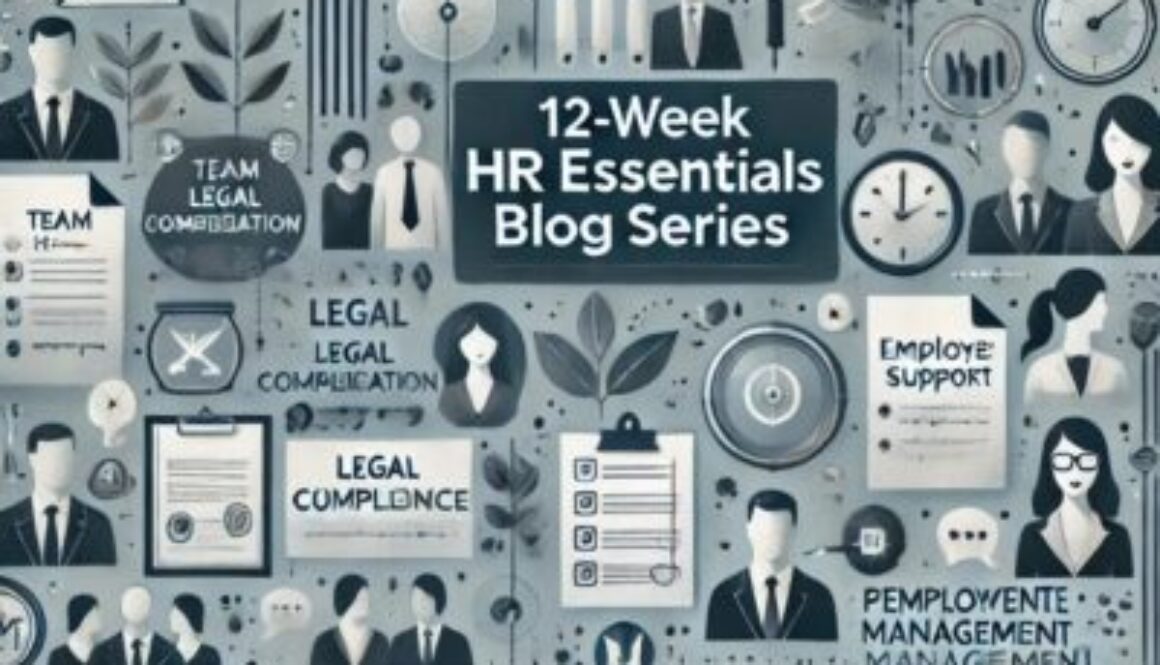Avoid Costly Tribunal Pitfalls: Recent UK Cases and How Consensus HR Can Help
Recent Employment Tribunal cases in the UK have underscored the importance of fair employment practices, with significant financial awards highlighting the consequences of non-compliance.

Unfair Dismissal and Discrimination Cases:
- GlamCandy Founder’s Unfair Dismissal: In the case of Mrs H H Smith v Glam Candy UK Ltd (Case No: 4100541/2024), Hayley Harvey-Smith, founder of the Scottish makeup school GlamCandy, was awarded over £50,000 after an Edinburgh tribunal determined she was unjustly dismissed. The tribunal found that her termination, labeled a “sham redundancy,” bypassed proper procedural conduct.
- Barclays Analyst’s Working Hours Claim: In Ms A Lacatus v Barclays Execution Services Ltd and others (Case Nos: 3201295/2019 and 3201137/2020), Anca Lacatus, a former analyst at Barclays, received nearly £50,000 after a tribunal concluded the bank’s failure to adjust her working hours exacerbated her endometriosis and anxiety. The award included compensation for injury to feelings and sex discrimination.


Understanding Compensation Awards:
Employment Tribunals can award compensation for various claims, including unfair dismissal and discrimination. Compensation may cover financial losses, injury to feelings, and, in some cases, aggravated damages. The “Vento bands” provide guidelines for injury to feelings awards, with amounts adjusted annually for inflation.
How Consensus HR Can Assist Business Owners:
Navigating employment law complexities is crucial for business owners to prevent costly tribunal cases. Consensus HR offers comprehensive support in this area, including:
- Policy Development: Crafting clear, compliant policies on discrimination, working hours, and equal pay to ensure fair treatment of all employees.
- Training Programs: Providing training for management and staff on employment law, fostering a respectful and legally compliant workplace culture.
- Dispute Resolution: Assisting in resolving workplace disputes through mediation and other methods to avoid escalation to tribunals.
- Legal Compliance: Keeping businesses updated on legislative changes and best practices to maintain compliance and mitigate legal risks.
By partnering with Consensus HR, businesses can proactively address employment issues, ensuring a fair and compliant workplace while minimising the risk of costly tribunal cases.
At Consensus HR, We’re Here to Help:
Managing HR can feel complex, but you don’t have to navigate it alone. If you have questions about this week’s topic or need tailored HR support for your business, our team is ready to help you create a productive, compliant, and supportive workplace. For more information, visit our website at www.consensushr.com or get in touch with us directly. Let’s work together to make HR a strong asset for your business.
To view more about our range of HR & Employment Law Services
Are you concerned about keeping your business up to date with Employment Law changes?
Your Outsourced Human Resources (HR) Department.
For further information on any of the HR subjects we provide, please click the heading below:





































